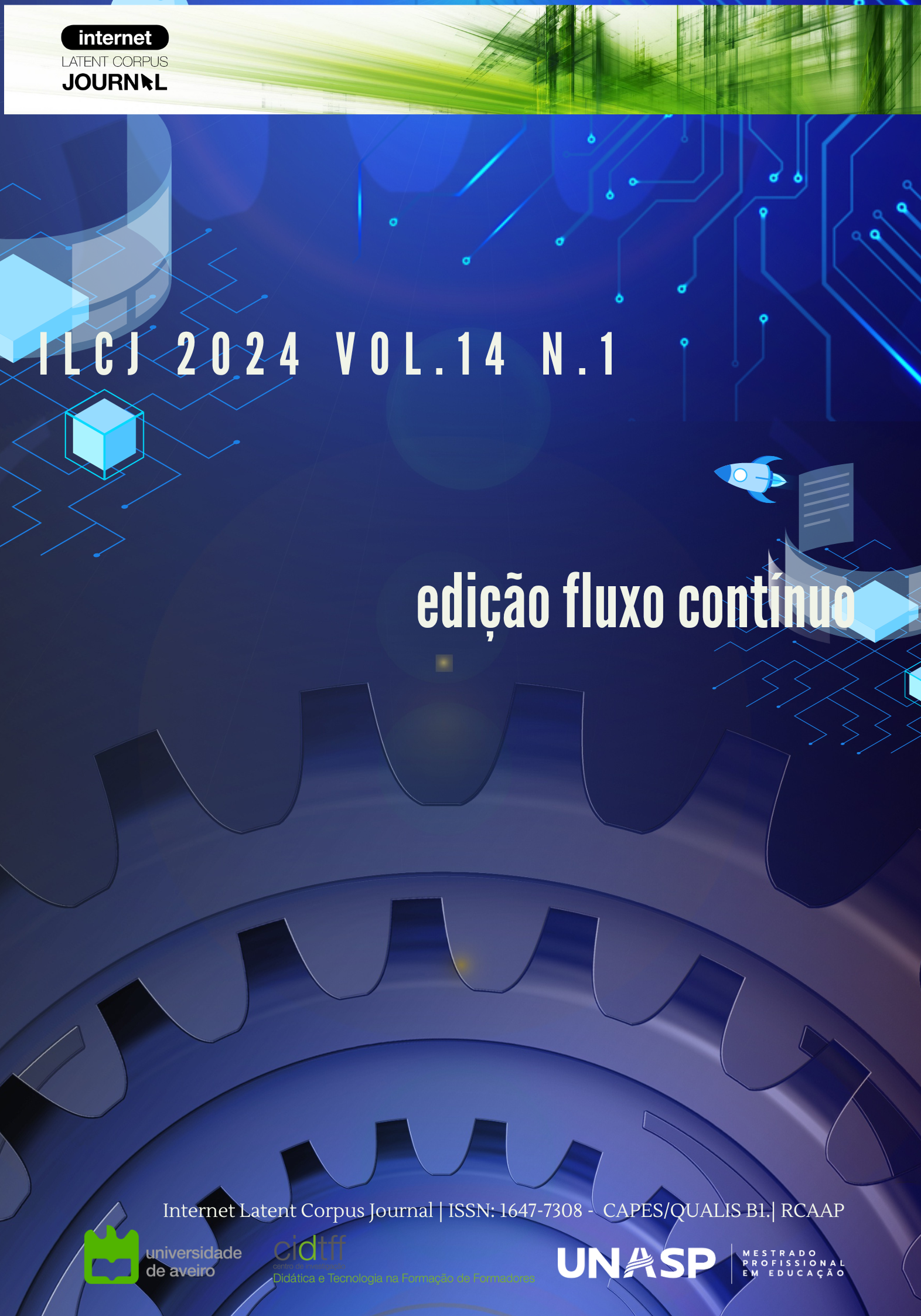REVISÃO INTEGRATIVA SOBRE AUTORREGULAÇÃO DA APRENDIZAGEM PARA ALUNOS DE 6º ANO DO ENSINO FUNDAMENTAL
Resumo
Estudos demonstram que a transição do quinto para o sexto ano é um período em que ocorre aumento de estresse e diminuição do autoconceito especialmente nas dimensões acadêmicas. Diante deste cenário, surge a questão: como auxiliar os alunos durante essa fase de transição? Seria a autorregulação da aprendizagem uma abordagem viável para atender às necessidades dessa faixa etária? O objetivo deste estudo é realizar uma revisão integrativa da literatura a fim de analisar as estratégias de autorregulação empregadas por alunos do 6° ano em diferentes países e sua relação com o desenvolvimento acadêmico. Para atingir tal propósito, foram realizadas pesquisas em periódicos nas bases científicas CAPES PERIÓDICOS, ERIC, RCAAP e SCIELO, abrangendo um intervalo dos últimos cinco anos, com a utilização dos descritores self-regulation, learning e 6th grade. Após critérios de filtragem, foram selecionados 9 artigos que serviram como base para a análise integrativa. Independentemente do espaço geográfico ou do instrumento utilizado, os resultados demonstram que os alunos autorregulados têm apresentado níveis mais elevados de motivação, organização e melhor desempenho acadêmico, além de maior autoeficácia e consequentemente redução de comportamentos prejudiciais ao aprendizado.
Direitos de Autor (c) 2023 Fábio Marcon Alfieri

Este trabalho está licenciado com uma Licença Creative Commons - Atribuição 4.0 Internacional.







